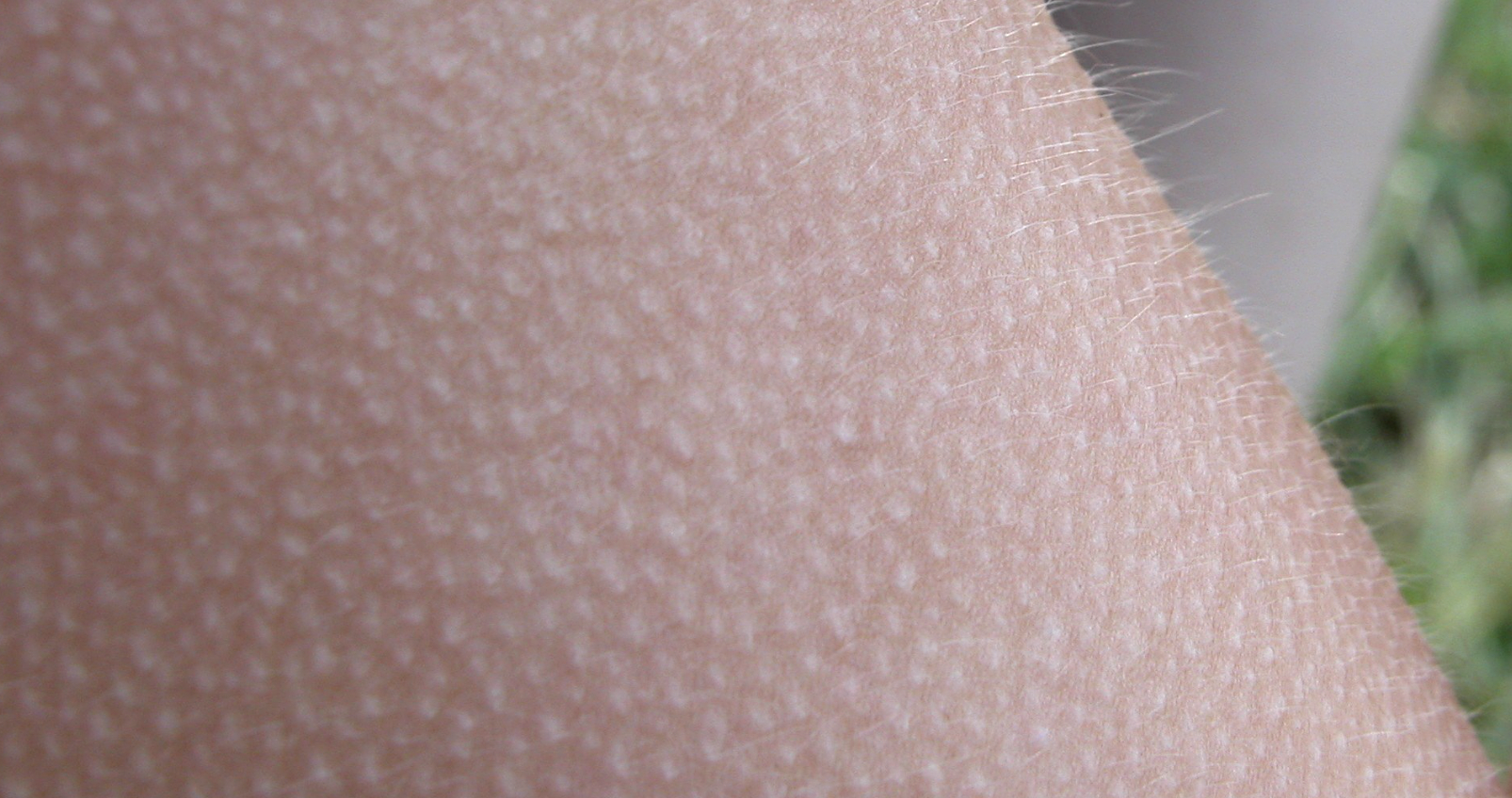This content originally appeared on Open Culture and was authored by Colin Marshall

This Spotify playlist (play below) contains music by Prince and the Grateful Dead, Weezer and Billie Holliday, Kanye West and Johannes Brahms, Hans Zimmer and David Bowie, Wolfgang Amadeus Mozart and Radiohead. Perhaps you’d expect such a range from a 712-track playlist that runs nearly 66 hours. Yet what you’ll hear if you listen to it isn’t just the collection of a modern-day “eclectic” music-lover, but a neuroscientist-curated arrangement of pieces that all cause us to experience the same sensation: frisson.
As usual, it takes a French word to evoke a condition or experience that other terms simply don’t encompass. Quoting one definition that calls frisson “a sudden feeling or sensation of excitement, emotion or thrill,” Big Think’s Sam Gilbert also cites a recent study suggesting that “one can experience frisson when staring at a brilliant sunset or a beautiful painting; when realizing a deep insight or truth; when reading a particularly resonant line of poetry; or when watching the climax of a film.”
Gilbert notes that frisson has also been described as a “piloerection” or “skin orgasm,” about which researchers have noted similar “biological and psychological components to sexual orgasm.” As for what triggers it, he points to an argument made by musicologist David Huron: “If we initially feel bad, and then we feel good, the good feeling tends to be stronger than if the good experience occurred without the preceding bad feeling.” When music induces two sufficiently different kinds of emotions, each is heightened by the contrast between them.
Contrast plays a part in artistic power across media: not just music but film, literature, drama, painting, and much else besides. But to achieve maximum effect, the artist must make use of it in a way that, as Gilbert finds argued in a Frontiers in Psychology article, causes “violated expectation.” A frisson-rich song primes us to expect one thing and then delivers another, ideally in a way that produces a strong emotional contrast. No matter your degree of musicophilia, some of the 712 tracks on this playlist will be new to you, allowing you to experience their version of this phenomenon for the first time. Others will be deeply familiar — yet somehow, after all these years or even decades of listening, still able to bring the frisson.
via Big Think
Related content:
Music That Helps You Write: A Free Spotify Playlist of Your Selections
Why Do Sad People Like to Listen to Sad Music? Psychologists Answer the Question in Two Studies
Based in Seoul, Colin Marshall writes and broadcasts on cities, language, and culture. His projects include the Substack newsletter Books on Cities, the book The Stateless City: a Walk through 21st-Century Los Angeles and the video series The City in Cinema. Follow him on Twitter at @colinmarshall, on Facebook, or on Instagram.
This content originally appeared on Open Culture and was authored by Colin Marshall
Colin Marshall | Sciencx (2022-06-21T08:00:07+00:00) Hear a Neuroscientist-Curated 712-Track Playlist of Music that Causes Frisson, or Musical Chills. Retrieved from https://www.scien.cx/2022/06/21/hear-a-neuroscientist-curated-712-track-playlist-of-music-that-causes-frisson-or-musical-chills/
Please log in to upload a file.
There are no updates yet.
Click the Upload button above to add an update.
